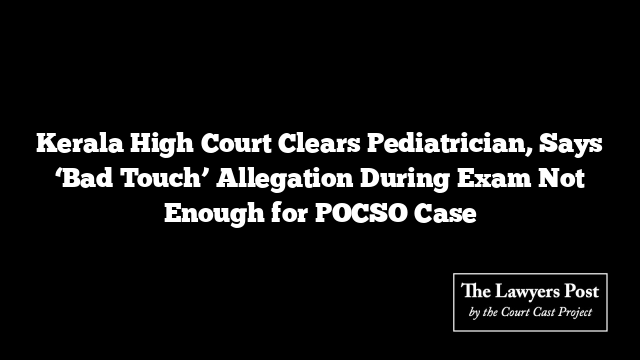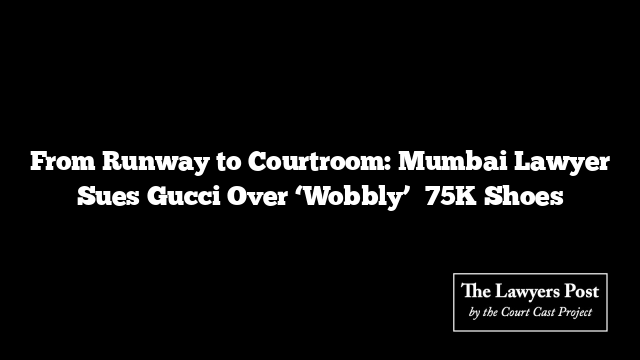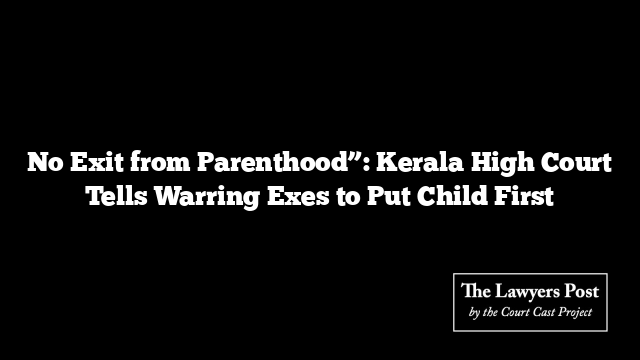In a case that stirred the uneasy space between clinical duty and perceived misconduct, the Kerala High Court has stepped in to draw a clear boundary: a medical examination conducted with parental consent—especially in their presence—does not invite criminal prosecution under the POCSO Act.
The bench, led by Justice G Girish, brought down the curtain on a criminal case against an 80-year-old pediatrician who had been accused of inappropriate conduct during a consultation with a teenage girl. The alleged “bad touch” took place in the presence of the child’s mother and elder sister—a fact the Court leaned on heavily.
“It is too hard to believe,” the Court noted, “that the petitioner would engage in sexual advances right in front of the girl’s close family members.” The girl’s own statements, both to police and magistrate, lacked any clear accusation of sexual intent, the judge emphasized. There was only a passing mention of discomfort—an “isolated casual remark”—that the doctor’s touch felt “bad.”
But discomfort, the Court underscored, isn’t enough to trigger the weight of Sections 3 to 13 of the POCSO Act, which govern a spectrum of sexual offences. Justice Girish pointed to Section 41 of the Act, which explicitly protects medical professionals acting with parental consent. The Court also found no grounds to invoke IPC Section 354A(1)(i) on sexual harassment, given the absence of intent.
The doctor, a seasoned practitioner, had been accused of touching the girl’s breasts and abdomen while treating her for chest and stomach pain. No complaint was raised at the time. Only later did the matter snowball into a police case, with charges filed under both IPC and POCSO.
In its final remarks, the Court acknowledged the possibility of misinterpretation by the adolescent patient—an unfortunate, but not criminal, misreading of a doctor’s touch. “It is not possible to say,” the Court concluded, “that the petitioner’s actions were sexual in nature.”
With that, the charges were struck down, and the doctor—once staring at serious allegations—was legally exonerated.





